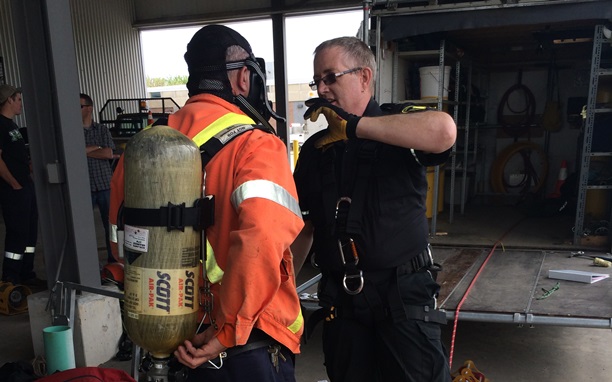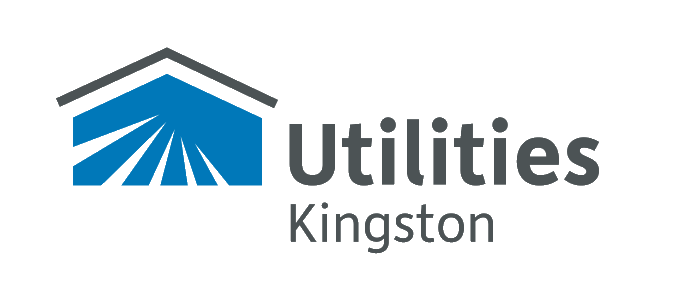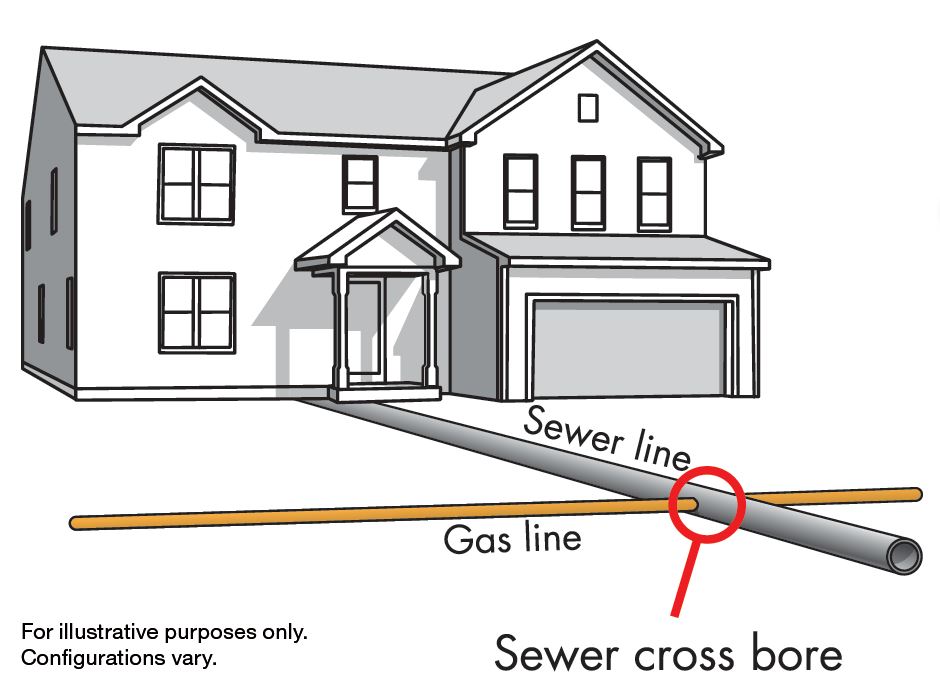 Click to enlarge
Click to enlarge
Health and Safety Culture
To reduce accidents and injuries, and ensure safe work environments, Utilities Kingston adopted a health and safety management system, thus enhancing its strong health and safety culture.
During 2015, the health and safety program was enhanced by:
- A focus on health and safety training
- Enhancing constructor safety practices
- Updating current health and safety policies
- Training and timely reporting relating to ergonomics
The Utilities Kingston ten-year summary of injury rates identifies a decline in injury frequency during 2015.
Our medical aid rate was significantly below our ten-year average of 5.2, however the lost time injury rate was slightly higher. To assist, Utilities Kingston will continue to focus more attention on ergonomics training with both field and office staff.
Lost Time Injury Trend
Health and Safety Training
59
Training Sessions
4030
Hours of Participant Training
90%
Of our Employees Participated

Confined space training was one of 59 health and safety training sessions offered to employees in 2015.
2015 Safety Days
The annual Safety Days event is jointly hosted by the City and Utilities Kingston to promote best safety practices amongst employees – and local contractors and suppliers in the industry.
The goal of Safety Days is clear and simple: get everyone home safe every day. Its training and information sessions are all about how to instil safety as the highest value in the workplace. In 2015, 400 delegates and 208 contracting firms were in attendance. Sessions included an international keynote health and safety speaker, analyzing hazards, understanding constructor obligations, defensive driving, competent supervisors, emergency response, traffic control and work protection.
In 2014, the event was recognized by the national Recognition of Excellence Award for Outstanding Achievement from the Canadian Society of Safety Engineering (CSSE) and the Electrical Safety Authority (ESA) Worker Safety Award.
Ensuring the Safety of Underground Infrastructure
Don’t take the risk of damaging underground infrastructure – get a free locate, it’s the law! That is the industry refrain that’s helped encourage an increase in requests to locate underground water, sewer, gas, electricity and fibre infrastructure.
Utilities Kingston has participated in ON1Call since 2013. During 2015, Utilities Kingston saw a 24 per cent increase in the number of locate requests, for a total of 9932 requests. Our goal is to complete locates within five business days. We achieved this 92 per cent of the time. For the remaining situations, alternate arrangements were made directly with the customers.
Like all underground utility providers, we are proud to be part of Ontario One Call (ON1Call) and help meet regulatory requirements to ensure that locates are always requested before excavating.
This free service helps prevent damage to underground lines and wires. Excavators and homeowners can call one number to request locates for all their utility services.
Cross Bore Prevention
In 2015, we conducted 225 sewer safety inspections.
The cross bore prevention program is a requirement from the Technical Standards and Safety Authority (TSSA) that was mandated for all gas distributors in 2011. The program addresses safety precautions when clearing a blocked sewer lateral.
Utilities Kingston’s program includes communicating with plumbers and homeowners to “Call Before You Clear”. Once the call is received, staff conduct a sewer safety inspection to rule out the possibility of a sewer cross bore. Our communication and outreach program continues to increase public awareness.
Wellness Day
139 employees participated in the annual Wellness Day event.
The day allows all employees an opportunity to speak with wellness providers in the local community in order to assist them in living a healthy lifestyle. Staff also participated in semi-annual baseline hearing tests, and were offered wellness and fitness assessments.
Operations Centre
In 2015, we opened a new operations centre that helps us better respond to utility emergencies for improved public and worker health and safety.
The operations centre is the main link between field staff and the office. Qualified operators continually monitor the condition of utility infrastructure and the work occurring in the field, and communicate with staff, customers and emergency services. The operations centre also helps to keep customers informed of utility disruptions to lessen the impact on them.


